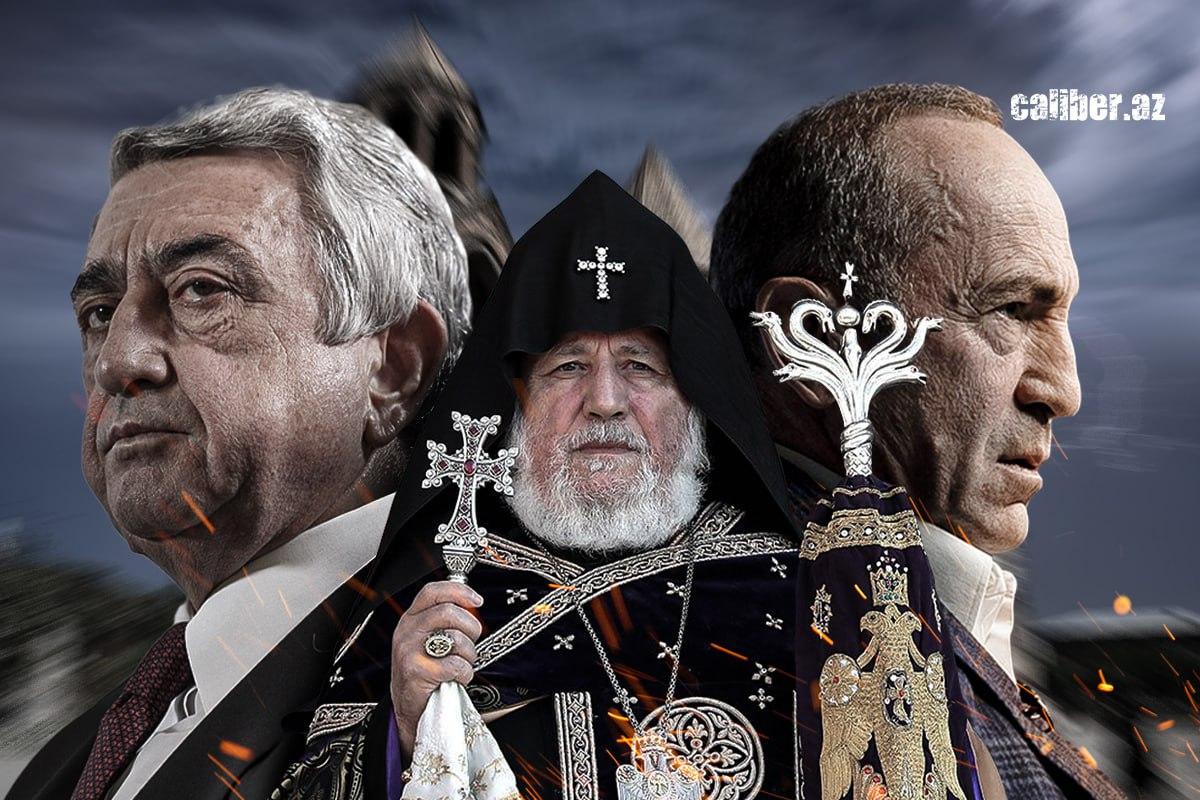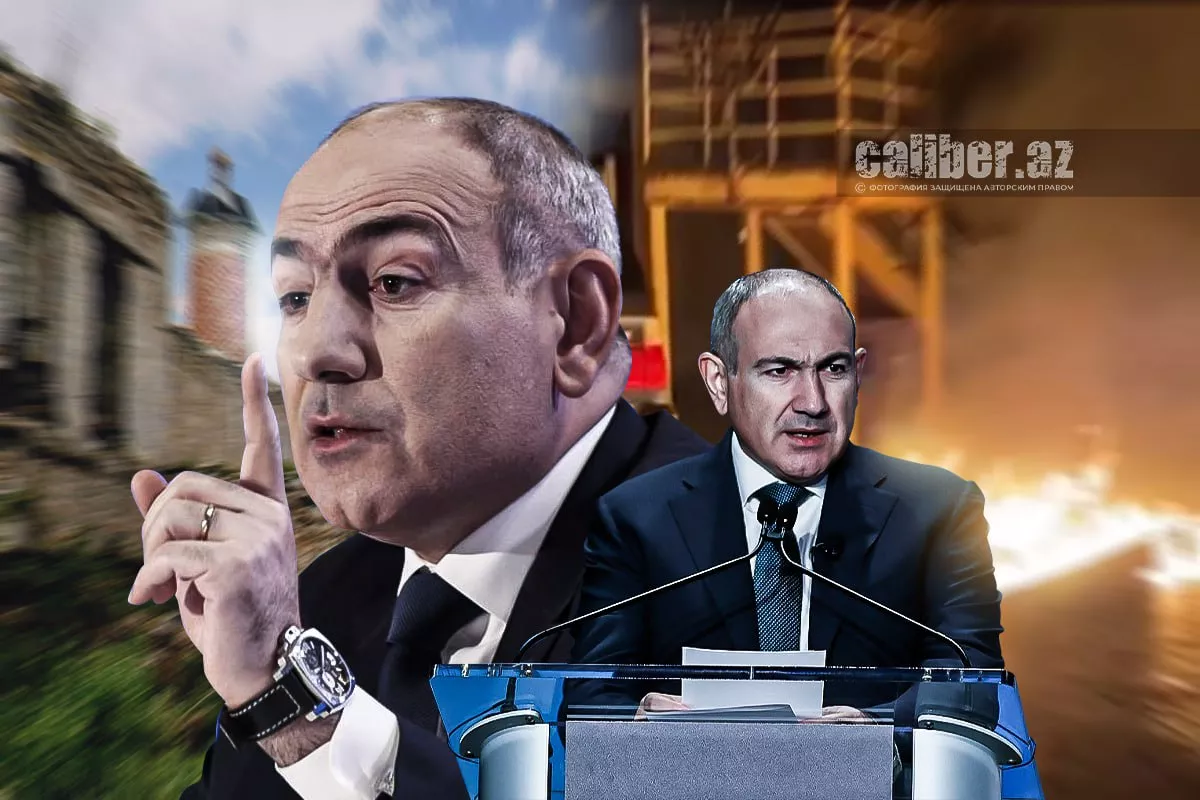Armenia’s church-state clash intensifies Pashinyan vs. Garegin II
The “cold war” between the Armenian authorities and the Armenian Church has today escalated into an open confrontation and a sharp clash of interests. This is clearly leading to a societal split, especially given the persistent revanchist sentiments in the country, which are also fueled, in part, by members of the Armenian Apostolic Church. Perhaps for this reason, and to prevent the situation from spiralling out of control, the authorities continue to arrest clergymen who actively promote an anti-government agenda.
Six representatives of the Aragatsotn Diocese were detained, including Mkrtich Proshyan—the head of the Aragatsotn Diocese and nephew of the Catholicos of All Armenians, Garegin II. The Investigative Committee reported that the detentions were carried out within a criminal case concerning the obstruction of, coercion into, or participation in a gathering. They also noted that a search had already been conducted at the home of a close relative of the Catholicos.
The grounds for Mkrtich Proshyan’s detention were based on a statement by one of the priests of the Aragatsotn Diocese, Aram Asatryan, who claimed that the diocesan head had forced him and other clergymen to participate in opposition rallies in 2021.
Notably, in recent years, various opposition forces in Armenia have tried to challenge the ruling authorities, and the Armenian Church has played an active role in this process. At the forefront of this movement are the former leaders of the Karabakh junta, Robert Kocharyan and Serzh Sargsyan, with whom the Armenian clergy have established fairly close and friendly relations.

It is enough to recall how, after Armenia’s crushing defeat in the 44-day war in the autumn of 2020, the opposition orchestrated a series of protests and succeeded in pushing for early parliamentary elections in June 2021, in which it suffered a resounding failure—the Prime Minister Pashinyan’s Civil Contract party won 54% of the vote and 71 seats in the National Assembly.
In the spring of last year, the country was hit by a new wave of protests, triggered by the delimitation of the border with Azerbaijan, which both the Church and the opposition interpreted as a concession of territory to Azerbaijan. This movement was led at the time by the Archbishop of the Tavush Diocese, Bagrat (Galstanyan), naturally with the blessing of the Church leadership under the Catholicos. In the end, this entire show also ended in failure, failing to realise the opposition’s dream of a change of power in the country, as the majority of Armenian citizens once again supported the policies of the incumbent government and did not follow the lead of the clergy.
After this, the already complicated relations between the authorities and the Church worsened further, descending into a series of mutual insults exchanged between Pashinyan and the head of the Armenian Apostolic Church. In the summer of this year, Armenian security forces reported the uncovering of a conspiracy in the country and detained Bagrat (Galstanyan) and Archbishop Mikayel Ajapahyan in connection with the case. At that time, Nikol Pashinyan harshly denounced Garegin II and called for him to step down, and in August, during another briefing, he once again reaffirmed the firmness of his position regarding the Catholicos.
“My position on the Armenian Apostolic Church has not changed and cannot change under any circumstances. Ktrich Nersisyan [the secular name of the Catholicos of All Armenians] must leave his post. I will lead this process, and soon you will witness its first manifestations,” the Armenian leader said, describing Garegin’s presence in office as “spiritual contamination” and asserting that “the Armenian Apostolic Church needs a spiritual overhaul.”

Following this statement, at the Civil Contract party congress on September 20, Pashinyan announced his decision that the Church must return to a pro-government orientation, and that the current Catholicos should leave his post, as he “simply does not believe in God and treats Him as a brand that can be sold at diaspora fairs.”
“He must step down voluntarily, without public pressure, and if not, he will leave under the influence of the people,” the Prime Minister warned.
Summing up the above, one can draw the following conclusion: the likelihood of any compromise between the authorities and the current Church leadership is zero, just as unlikely is the voluntary resignation of Garegin II.
However, it seems likely that the Armenian authorities may resort to more radical measures against the head of the Armenian Apostolic Church. The detention of the Catholicos’ close relative is a serious warning to Ktrich Nersisyan and a clear indication that the same fate could very well await him as the principal provocateur within the Armenian Church.








